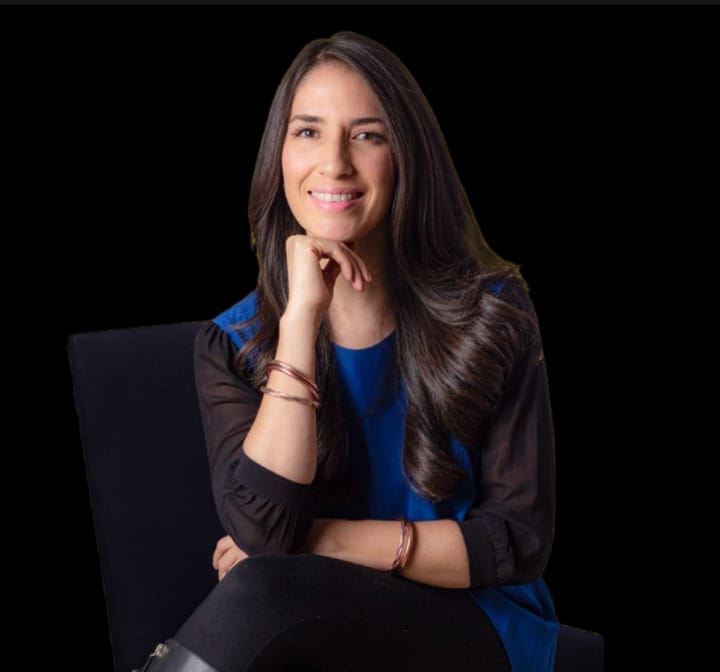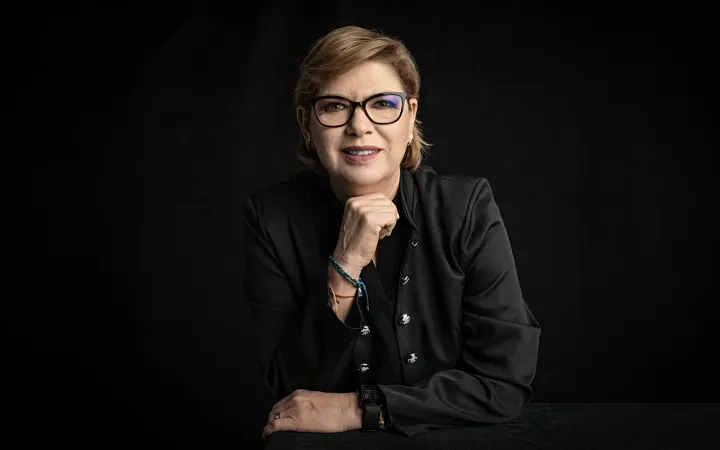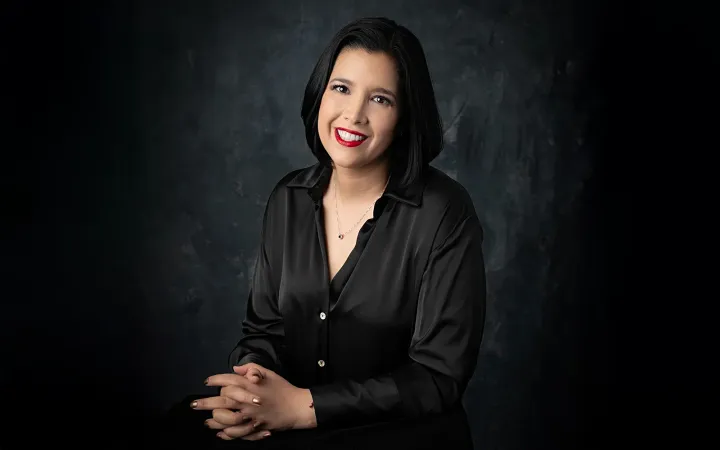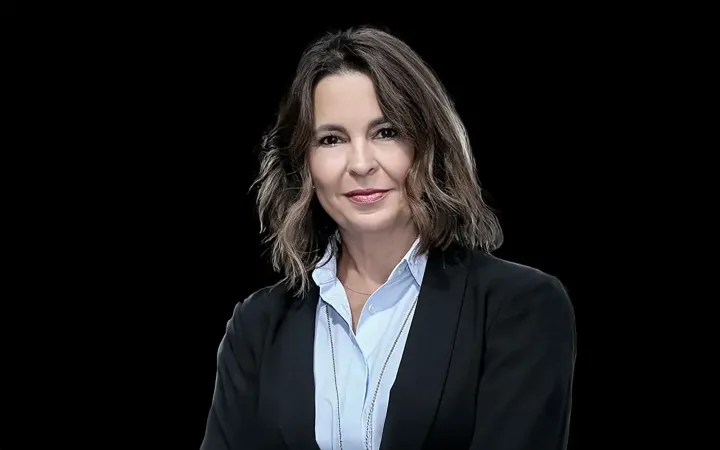Por Priscilla de Anda
La situación de millones de niñas y niños en México es alarmante. A pesar de los esfuerzos realizados en los últimos años, los datos siguen revelando una realidad preocupante: cinco de cada diez niñas y niños menores de seis años en el país, es decir, aproximadamente 5.7 millones, no cuentan con acceso a servicios de salud de calidad. Además, 6 millones de niñas y niños en primera infancia viven en situación de pobreza, lo que representa un 48.1% de esta población (CONEVAL, 2022). Estas cifras no solo reflejan una crisis de desigualdad, sino que también evidencian la ausencia de una política integral que articule los servicios y bienes necesarios para garantizar a la niñez un desarrollo adecuado.
Es fundamental reconocer que los primeros años de vida son determinantes para el desarrollo físico, emocional y cognitivo de las personas. Durante esta etapa, el cerebro de los niños y niñas se desarrolla a un ritmo acelerado, lo que hace que las experiencias y el entorno en el que vivan en este periodo afecten de manera definitiva su futuro. Sin embargo, en México, millones de niños y niñas no tienen acceso a los servicios básicos que les permitirían desarrollarse de manera óptima. La mala salud, la malnutrición, la falta de oportunidades de aprendizaje, la violencia, la negligencia y la ausencia de un acompañamiento adecuado para las familias son algunas de las condiciones que hoy enfrentan.
Los estudios han demostrado que las políticas de atención temprana pueden reducir de manera significativa la pobreza intergeneracional, mejorar el rendimiento escolar y reducir los costos asociados con enfermedades y trastornos de salud mental a largo plazo. A medida que mejoramos las condiciones para los niños y niñas en su primera infancia, estamos sembrando las bases para un futuro más próspero.
Para revertir esta situación y garantizar que todos los niños y niñas de México tengan las mismas oportunidades de un desarrollo pleno, es necesario que en el Plan Nacional de Desarrollo 2025 – 2030 se incluya una República de y para las niñas y niños, una que considere una política nacional de atención integral a la primera infancia. Esta política debe ser intersectorial, ya que los desafíos que enfrentan los niños menores de seis años son complejos y multidimensionales. Un enfoque que contemple la salud, la nutrición, la educación, el desarrollo psicosocial, la protección contra la violencia y el apoyo a las familias es fundamental para garantizar los derechos de la niñez. Además, debe promover un cuidado cariñoso y sensible desde el nacimiento, que permita a las niñas y niños desarrollarse en un entorno seguro, estimulante y con interacciones positivas. El apoyo a las familias también es clave, ya que el bienestar de los niños está íntimamente ligado a la estabilidad y bienestar de sus padres y cuidadores.
Invertir en el desarrollo integral de la primera infancia es una de las decisiones más estratégicas y rentables que puede tomar un país. Los beneficios no solo son inmediatos a nivel individual, sino que se extienden a la sociedad en su conjunto. A través de la inversión en los primeros años de vida, se está invirtiendo en un futuro más saludable, equitativo y productivo. El desarrollo adecuado de la primera infancia no solo mejora la calidad de vida de los niños, sino que también tiene un impacto directo en el crecimiento económico, la reducción de la pobreza y la disminución de la violencia y la delincuencia.
Es momento de que el gobierno federal, los gobiernos estatales y municipales, las organizaciones de la sociedad civil y el sector privado trabajen de manera coordinada para garantizar una política nacional que integre y articule los servicios y bienes necesarios para la primera infancia. No podemos esperar más. La niñez es el presente y el futuro de México, y como sociedad, debemos comprometernos a asegurar que todos los niños y niñas tengan la oportunidad de alcanzar su máximo potencial. La inclusión de la niñez en el Plan Nacional de Desarrollo 2025-2030 es una estrategia de desarrollo sostenible que beneficiará a todo el país porque invertir en la primera infancia es invertir en el futuro de México.
La #RepúblicaParaLaNiñez es una propuesta es suscrita e impulsada por los colectivos: Compromiso por la Niñez, Pacto por la Primera Infancia, REDIM Red por los Derechos de la Infancia en México, Tejiendo Redes Infancia, así como las organizaciones de sociedad civil: ADIVAC Asociación para el Desarrollo Integral de Personas Violadas, A.C., Fundación JUCONI México, Fundación UNNIDO, Inclusión Ciudadana A.C., Instituto para las Mujeres en la Migración, A.C., Mexicanos Primero, Save the Children, Un Kilo de Ayuda, A.C., World Vision México, y personas activistas defensoras de los derechos de niñas, niños y adolescentes.
Para conocer más les invito a visitar: https://republicaparalaniñez.org/
* Directora General de Un Kilo de Ayuda.

Las opiniones expresadas son responsabilidad de sus autoras y son absolutamente independientes a la postura y línea editorial de Opinión 51.






Comments ()